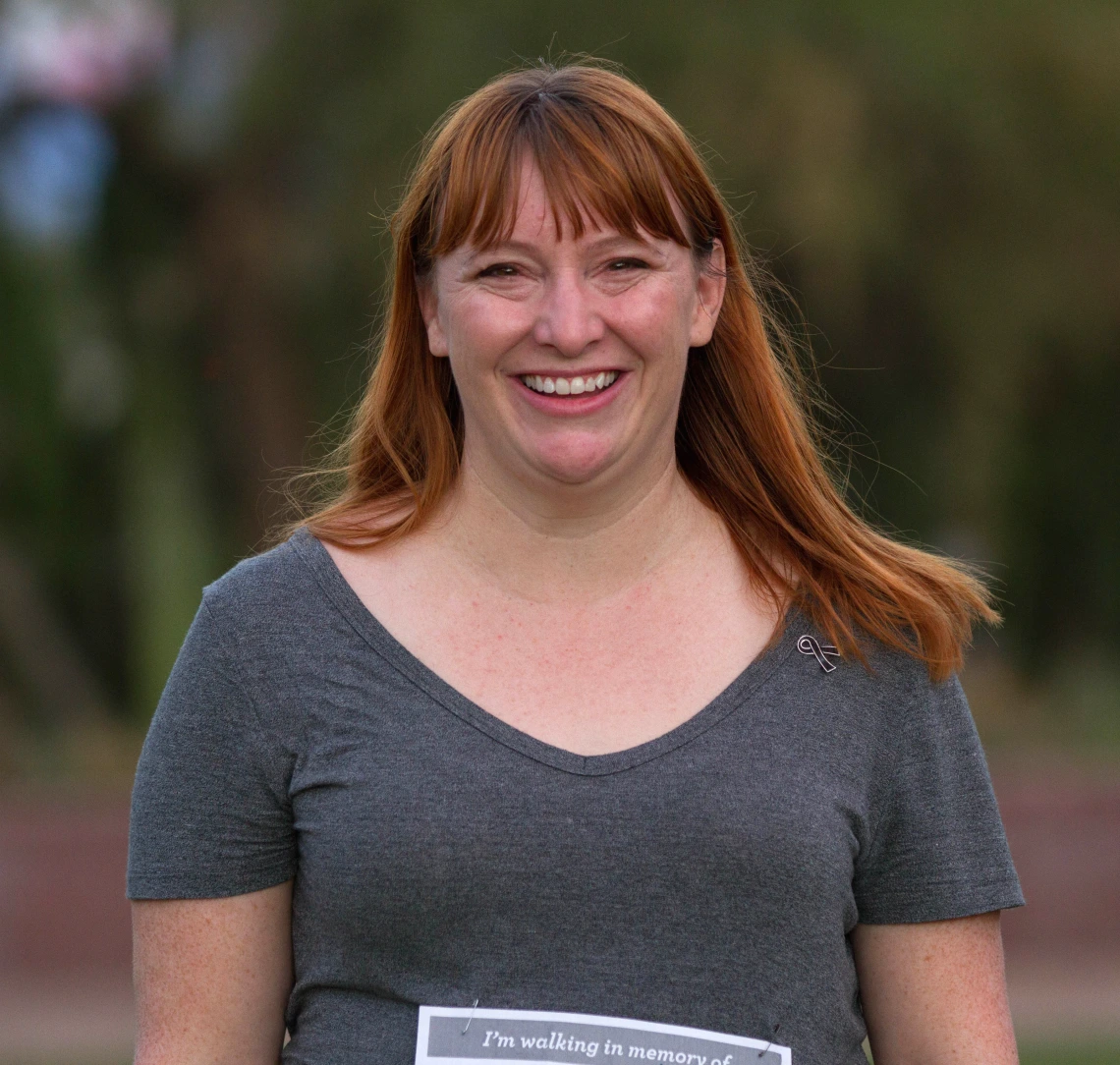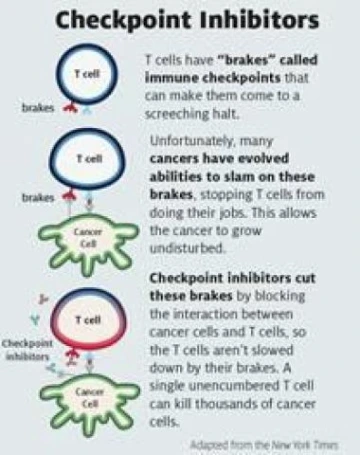Patient Profile: Martha Bishop

Martha Bishop’s cancer journey started with a mole. Something about it made her nervous, and she wanted a health professional’s expertise.
Initially, her dermatologist didn’t bat an eye. “It’s no big deal,” he told Martha, but she asked him to remove it anyway … just in case.
Two days later, her dermatologist called with the biopsy results: “It’s melanoma,” he reported.
Melanoma, a type of skin cancer, is the nation’s fifth-most common type of cancer. Although anyone can get it, people with fair skin and light hair are at a higher risk for melanoma. It’s also most likely to strike older people, especially those between the ages of 65 and 74.
Although she has a fair complexion and reddish hair, Martha didn’t otherwise fit that profile.
“I was diagnosed in 2009, right before I turned 30,” Martha recalls.
Martha was one of 1,199 Arizonans to be diagnosed with melanoma that year. Of those individuals, only 26 were between the ages of 25 and 29, making her diagnosis especially shocking. Life changed for Martha and her young family, a husband and two children in preschool.
“I was a stay-at-home mom,” Martha says. “My kids were 3 and 5. My goal was to survive to see them through kindergarten.”
She became a patient at the University of Arizona Cancer Center. “I went through a bunch of different drugs,” Martha recalls. “I did traditional chemo, I did a targeted therapy, I did two immunotherapies.”
image003.jpg

Gaius J. Augustus

Gaius J. Augustus
After weathering the unpleasant side effects of other treatments early in her cancer journey, Martha was introduced to the world of immunotherapy via ipilimumab, a checkpoint inhibitor that goes by the brand name Yervoy.
“It was a breeze compared to what I’d done before,” says Martha. “I think that’s what people need to know about immunotherapy — it’s so much easier on your body than traditional chemo.”
Although ipilimumab’s side effects were tolerable, Martha’s tumors didn’t respond to the drug as well as her doctors hoped. But an opportunity to enroll in a clinical trial for a promising new treatment infused her with optimism.
“I got on a clinical trial for what’s now Keytruda,” she says, referring to pembrolizumab, another type of immune checkpoint inhibitor. “There was a lot of buzz about Keytruda.”
Her enrollment into the trial had a rocky start.
“When I was having my pre-trial scans, they found brain tumors,” Martha recalls. “That was super scary.”
After stereotactic radiosurgery to treat her brain tumors, Martha was able to enroll in the clinical trial and begin treatment with Keytruda. “I can’t even tell you how excited we were,” she says.
At first, however, Martha’s tumors didn’t seem to be responding fast enough: “My husband and I went on vacation thinking, ‘This is our last trip together,’” she recalls.
Luckily, while Martha’s response to Keytruda was a little slower than normal, her tumors did eventually start to shrink. The turning point was when she underwent surgery to reduce her tumor load, after which Keytruda was able to finish the job.
“Since that surgery, it has been miraculous. It took a full two years for me to have no evidence of disease,” she reports. “But it was really clear that I’d made good progress.”
Similar to her experience with her first immunotherapy drug, Martha’s side effects while on Keytruda were mild.
“I had a little fatigue, but that was really only the first six months,” she recalls. And that fatigue wasn’t enough to stop her from living her life.
“I went back to teaching. I taught second grade. I’m teaching kindergarten now. I trained for and ran a 5K,” Martha says. “Obviously, I have to have lots and lots of energy!”
Martha has high praise for the care she received at the UA Cancer Center. She describes engaged, compassionate physicians who not only brought their expertise to the table, but also added a human touch, such as holding her hand through surgical procedures.
“It’s been amazing,” she says. “They’ve become family.”
Martha also received support from fellow patients, who acted as informal educators and mentors. She calls Bonnie Emerson, founder of her melanoma patient support group, her “melanoma mama,” whose guidance at the beginning of her cancer journey endowed her with strength and hope.
Martha’s original goal, to see her children graduate from kindergarten, was met years ago, and she’s been adjusting her goals since. Her kids are now 11 and 13, and she is hopeful for the future.
“I want to see my grandbabies!” Martha exclaims, adding with a laugh that, with such young children, she doesn’t expect to welcome grandchildren into her family for many more years.
For now, she is building a life that she scarcely imagined after first receiving her diagnosis — one that includes “things I never thought I’d get the chance to experience: living life and being back in the classroom, having a career in front of me, thinking about paying for retirement,” Martha says.
Martha adds one more item to her list of unexpected milestones: “Buying eye wrinkle cream,” she says, laughing. “I worked really hard to get those wrinkles, but I don’t really want ’em!”



